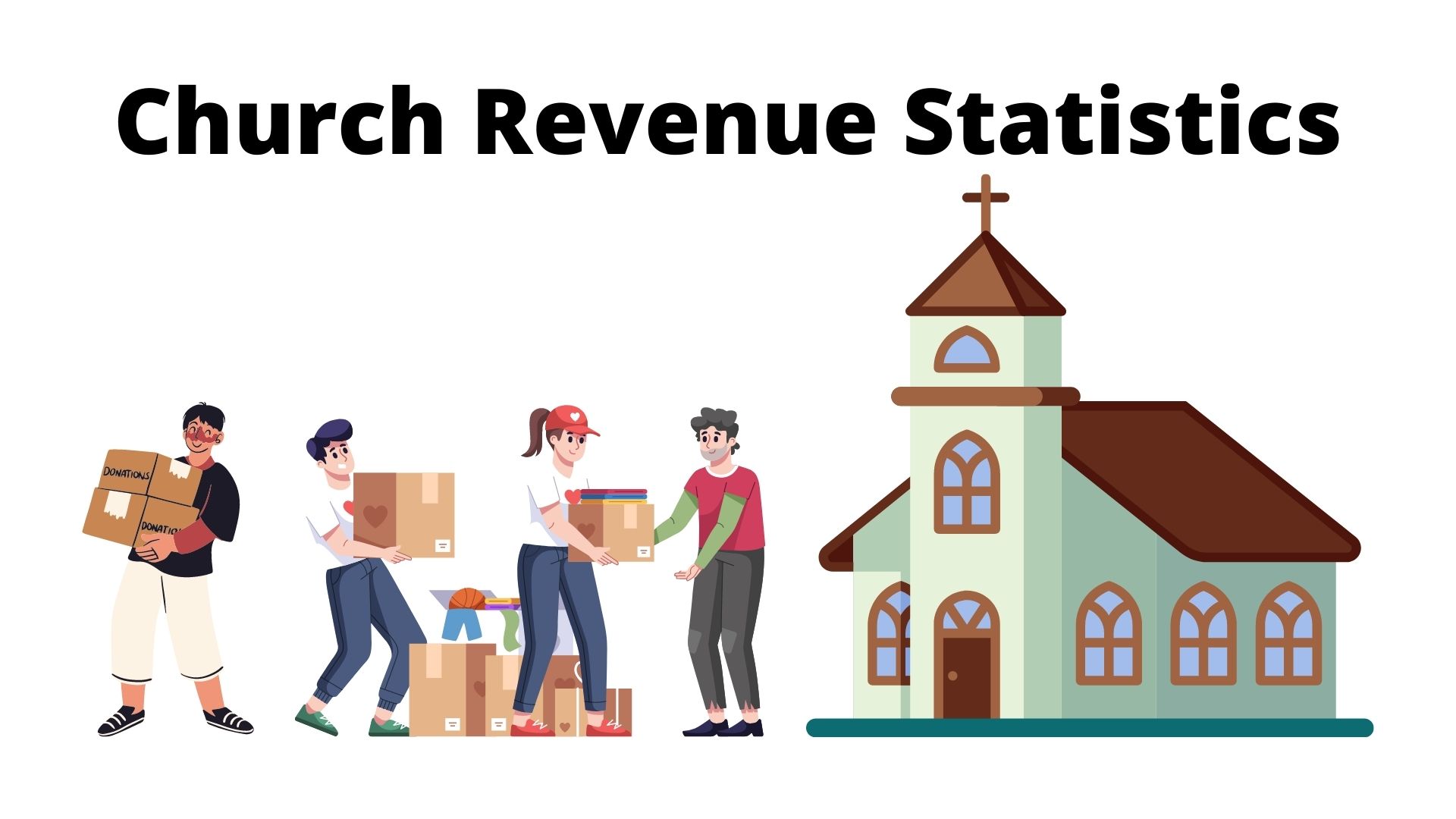Oracle Offers $9.4 Billion for PeopleSoft
Oracle has ratcheted up its pressure on rival applications maker PeopleSoft
by raising its cash buyout offer to $9.4 billion.
The move comes as regulatory investigations to determine whether the merger would violate antitrust laws hurtle toward a conclusion.
The Redwood Shores, Calif., software maker's new $26 per share offer is an 18.8 percent premium over PeopleSoft's closing price of $21.89 last night, and could tempt shareholders still on the fence about the takeover attempt.
Oracle originally offered $16 per share in June when it announced its takeover attempt and subsequently raised the bar to a $19.50 per share, where it stood until the new offer.
In the most specific deadline given for a conclusion of regulatory investigation, an Oracle spokesperson said the U.S. Department of Justice (DOJ) will announce a decision regarding antitrust approval before March 12.
Accordingly, Oracle is extending its tender offer for the Pleasanton, Calif., company to midnight (eastern time) March 12. The offer was previously set to expire at midnight on Friday, Feb. 13.
Oracle chairman and CFO Jeff Henley offered no illusions about the timing for upping the ante, considering PeopleSoft's recent reduced guidance. He also called it “our final price.”
“Given PeopleSoft's current prospects, including its recent downward revisions to earnings guidance for the first quarter, we believe our offer presents compelling value to PeopleSoft's stockholders,” Henley said in a statement. “Oracle remains fully committed to completing this deal on terms that will benefit the stockholders of both companies.”
PeopleSoft meanwhile urged investors to take no action at this time, promising that its board will meet to review Oracle's revised tender offer. It is likely the PeopleSoft board, who correctly concluded that the offers would face lengthy antitrust scrutiny when the bid was announced, will reject the offer.
Oracle's aggressive move, anticipated by some mergers and acquisitions experts from the beginning of the battle in June, is the latest in a series of lunges and parries between the two rivals. Just Monday, PeopleSoft announced a March 25 date for its shareholders meeting, even though it has traditionally been held in May.
Experts said moving up the date was a way to put pressure on Oracle, which
last week proposed
five new board members to take the place of the directors up for re-election at the PeopleSoft shareholder's meeting. The company has also put forth a proposal to increase the PeopleSoft board from eight members to nine.
Ken Marlin, managing partner of New York-based Marlin & Associates, a mergers and acquisitions investment bank focused on media and technology, told internetnews.com the Oracle maneuver was “clever.”
“Don't you think it was very clever for Oracle to wait until after PeopleSoft had scheduled its meeting?” Marlin said. “It forces the PeopleSoft shareholders to consider it before the meeting. Oracle continues to do what they have been doing for quite some time, which is focus on PeopleSoft board's fiduciary obligation, not to PeopleSoft management, but to shareholders.
Marlin summed the current state of affairs in the Oracle/PeopleSoft fight.
“Oracle has signaled since day one that it is willing to negotiate,” Marlin said. “The PeopleSoft board has declined to negotiate. They want it to go away. More and more the directors run the risk that if they chase Oracle away and the stock price drops, it could collectively cost the shareholders over a billion dollars.”
Meanwhile, Oracle and PeopleSoft continue to wait for the DOJ and European Commission to conclude their investigations of the takeover attempt to gauge whether it will help or hurt the market. After filing a request for additional information from Oracle, the EC is expected to complete its
scrutiny in April.

Clint Boulton, a senior writer at CIO, covers IT leadership, digital transformation, and the CIO role. He was a content marketer for Dell APEX. Inspire IT leaders with tales about the advantages of multi-cloud infrastructures. Dunning-Kruger bias is something that keeps IT leaders sceptical, but curious nonetheless.
